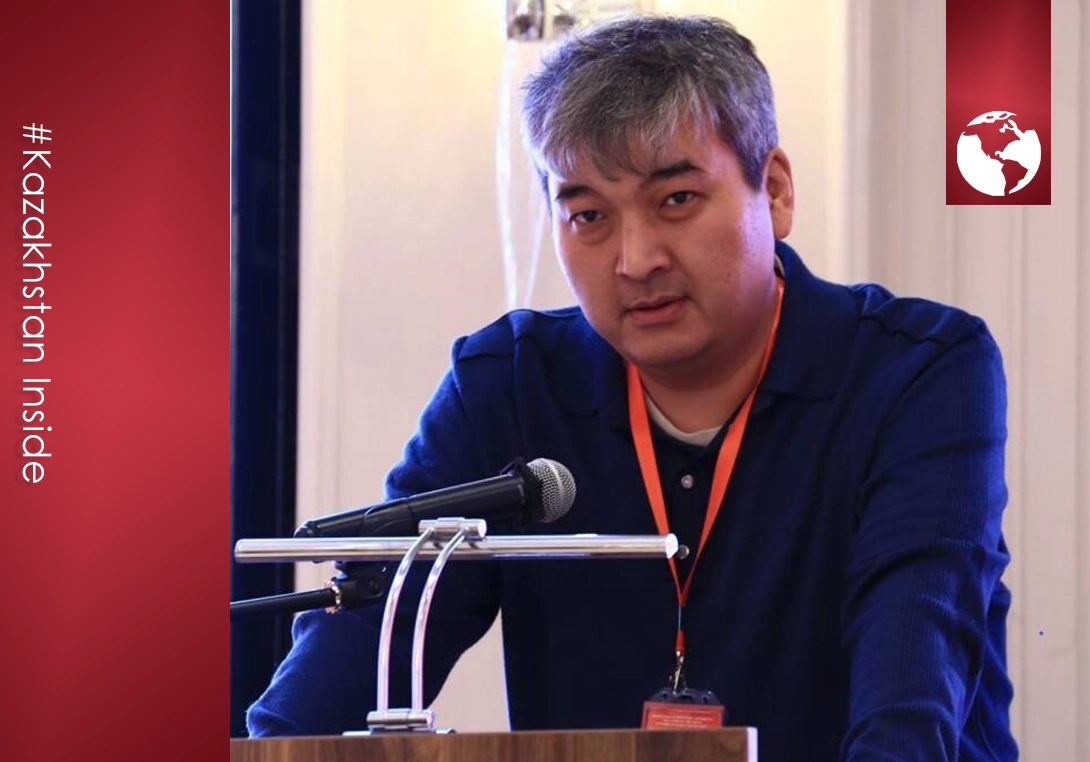Religion flourishes when there is financial support and state backing, even if it’s informal. While the Constitution declares Kazakhstan a secular state, many officials have turned to various religious beliefs and sects.
Political analyst Daniyar Ashimbayev discusses this on his Telegram channel:
«If we talk about the religious traditions of the elite over the years of independence, in the early years, many leaned towards occultism and NLP, and some started to explore Tengrism. Against the backdrop of the revival of traditions, there was a trend towards religious rituals.
In the early 2000s, neo-Sufism and Salafism developed, but without broad mass support. The former aligned with yesterday’s neo-Tengrists, and the latter with national-populists. Pan-Turkists were swaying in all directions until Erdogan came to power in Turkey.
All this confusion unfolded against the backdrop of a general surge in various forms of religiosity. Phrases like ‘such-and-such businessman, general, or official has taken to the prayer mat’ became more common. Some young people invented their own ‘hobbies.’
By the tenth year, the government had had enough, and a canon was legalized, which, objectively speaking, had no historical basis. At the same time, it turned out that Salafis were more organized, Sufis were more traditional, but the population mostly needed ritual services. Let’s also add the youth, who, en masse, perceive religiosity through external signs—scarves and beards, much like once pork prohibition and circumcision were considered the main indicators. However, this is the mass perspective, and for a modern official, the presence of a scarf on his wife adds points to the account of spirituality.
Religiosity at the elite level also went the way of polygamy, although somewhere it stumbled and went into mass trivialization. It is very, very difficult to say that the elites are religious. Many follow rituals, and go to the mosque, but there is no scent of spirituality or, even more so, righteousness, even from those who are more radical.»









